What is data integrity in the lab?
Data integrity in the laboratory refers to the correctness, completeness and consistency of the generated and stored data throughout its entire life cycle. This means that all information remains unchanged, traceable and correct from the moment it is captured to the moment it is stored and analyzed. Especially in highly regulated industries such as pharmaceuticals and biotechnology, it is essential that the data collected complies with regulations to ensure valid and reliable results.
Why is data integrity so important in the laboratory?
Data integrity is the foundation for the reliability and reproducibility of laboratory results. Laboratories often depend on the accuracy of their data to make important decisions, whether in drug development, quality control or environmental analysis. Incorrect data can have serious consequences, from incorrect diagnoses to economic losses and regulatory penalties.
Especially in laboratories that work with ISO standards and GxP guidelines, ensuring data integrity is a key issue. Non-compliance can lead to expensive product recalls, serious delays or even the closure of a laboratory.

The challenges of maintaining data integrity in the laboratory
Many laboratories face the following challenges:
- Paper-based processes: These are prone to human error and loss.
- Lack of standardization: Different teams use different methods to collect data, which leads to inconsistencies.
- Inadequate maintenance and inspection of laboratory equipment: Equipment that is not regularly maintained and checked can provide inaccurate data.
Another key component of data integrity is data security. Data must not only be recorded accurately, but also protected against unauthorized access or manipulation.
The link between data integrity and Lean Laboratory
The Lean Laboratory is an approach that aims to increase efficiency and quality by minimizing waste. The aim is to optimize all processes that eliminate unnecessary work steps and thus lead to faster results. Data integrity plays a central role here, as clean, reliable and consistent data forms the foundation for any optimized process.
In a lean laboratory, great importance is placed on standardization and the avoidance of errors. By using clear protocols and measures to ensure data integrity, sources of error can be reduced and efficiency increased. The transition to a Lean Laboratory is a process aimed at continuous improvement and data integrity is essential.
How laboratory equipment management supports data integrity
One of the biggest threats to data integrity is the inadequate maintenance and inspection of laboratory equipment. Faulty equipment or equipment that is not regularly calibrated can lead to inaccurate measurement results. It is therefore crucial to implement effective laboratory equipment management (LEM). This helps to minimize equipment failures and ensure that all data is collected with reliable instruments.
Good equipment management includes:
- Regular calibration of the devices to ensure accuracy.
- Maintenance logs that can be tracked transparently.
- Automated reminders of upcoming maintenance to reduce downtime.
These measures contribute directly to maintaining data integrity and prevent incorrect data from influencing the work results.
How a lean laboratory promotes data integrity
In the Lean Laboratory approach, data integrity is promoted through standardized and more efficient work processes. This includes
- Clearly defined workflows: Every step in the laboratory process should be documented and standardized. This allows staff to carry out data collection in a consistent manner, which ensures the integrity of the data.
- Reduction of manual intervention: Wherever possible, manual intervention should be replaced by automated systems. Automated data collection systems minimize the likelihood of human error.
- Regular training of laboratory staff: Staff should be trained on the importance of data integrity and the implications for overall laboratory understanding. This is the only way to ensure that everyone involved pursues the same goals and implements processes consistently.
- Real-time data monitoring and quality control: By continuously monitoring the collected data in real time, deviations can be detected immediately and corrected before they affect the analysis.
Steps to improve data integrity in the laboratory
- Laboratory staff training - Regular staff training on best practices to ensure data integrity is critical. Only through a sound understanding can human error be minimized and data integrity maintained.
- Strict access controls - Access to sensitive data should only be restricted to authorized persons. This prevents unauthorized changes or manipulation and contributes to data security.
- Introduction of audit trails - Audit trails are a must for laboratories that are subject to high regulatory requirements. They enable complete traceability of all data changes and ensure that every adjustment remains traceable.
- Regular validation and maintenance - Regular inspection and maintenance of laboratory equipment ensures that data is recorded correctly and that quality is not jeopardized by faulty equipment.
Conclusion: Data integrity as the key to lean laboratory success
Ensuring data integrity is not only a means of compliance, but also an essential step in becoming a lean laboratory. By combining efficient processes, thoughtful laboratory equipment management and clear data quality measures, laboratories can increase their productivity while ensuring that their results meet the highest quality standards. A focus on data integrity not only makes laboratories more efficient, but also leads to more reliable results and more sustainable laboratory work.



LabThunder:
✅ Compliant with ISO 17025, GMP/GLP, and ISO 15189
✅ Digital logbooks instead of paper chaos
✅ Thunder AI central intelligence for errors & questions
✅ Smart & predictive maintenance prevents downtime
✅ Greater independence from external service providers
✅ Up to 50% fewer service calls
✅ Easy to use - no IT required
Contact us today for a free demo:
%20new.png)
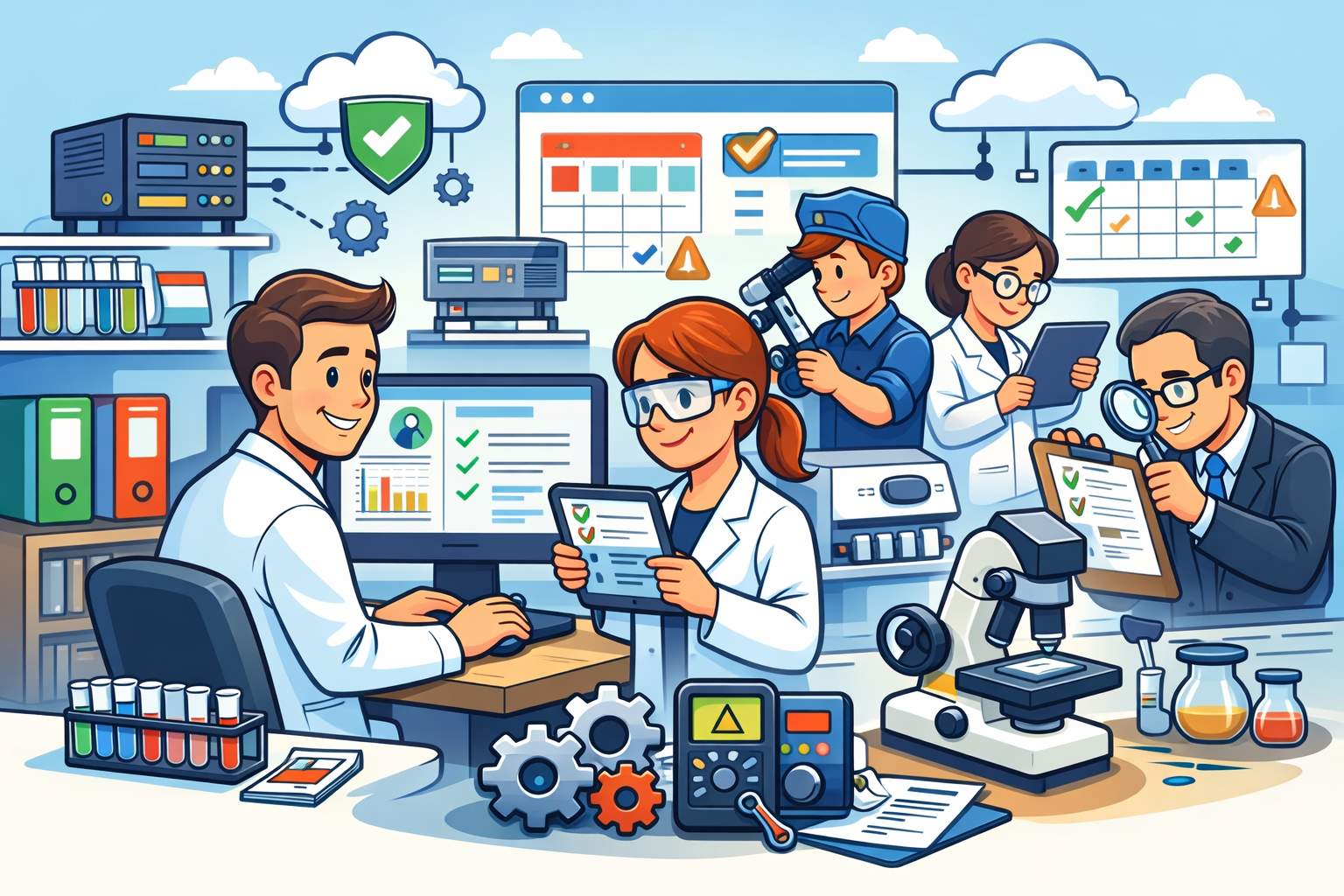

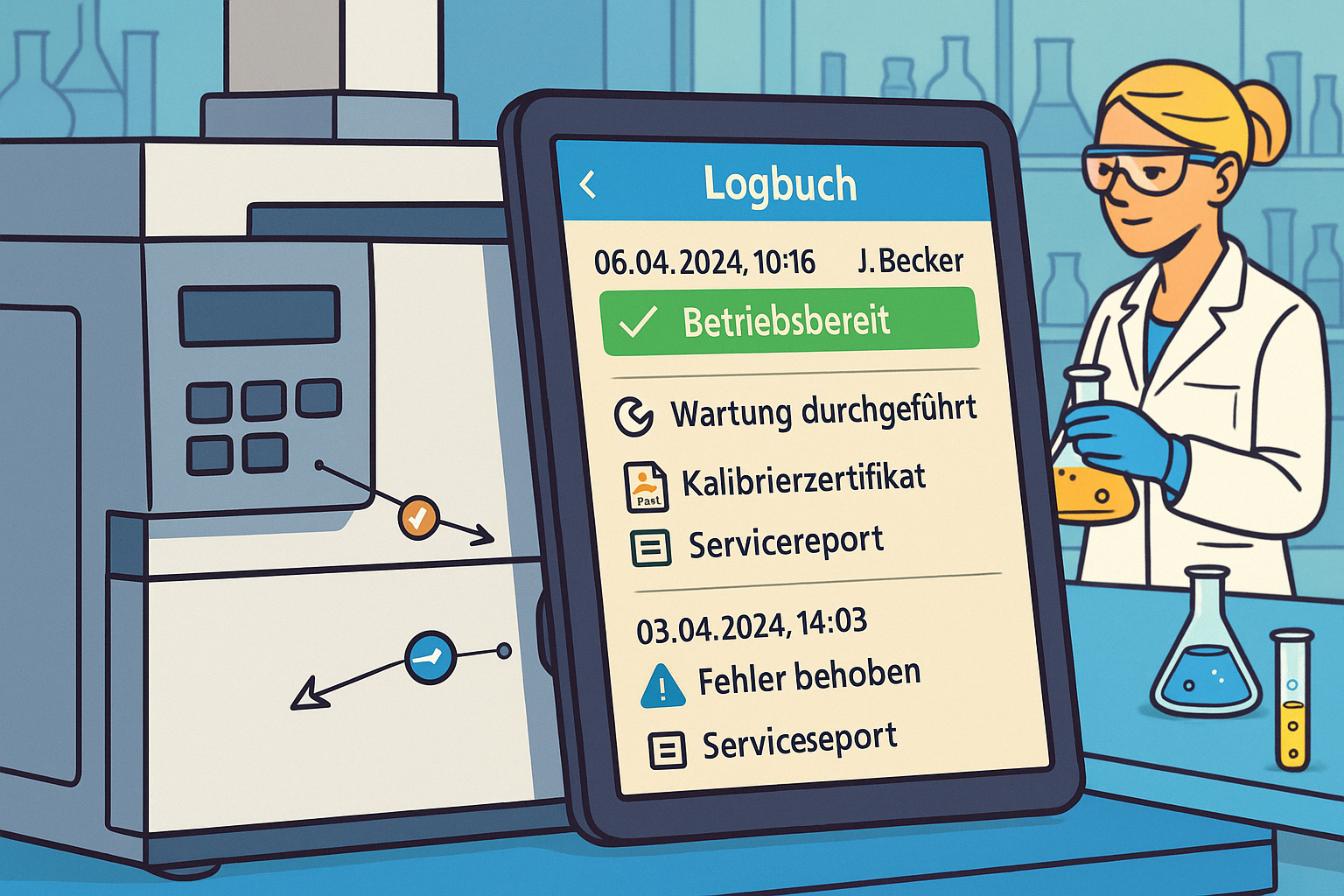
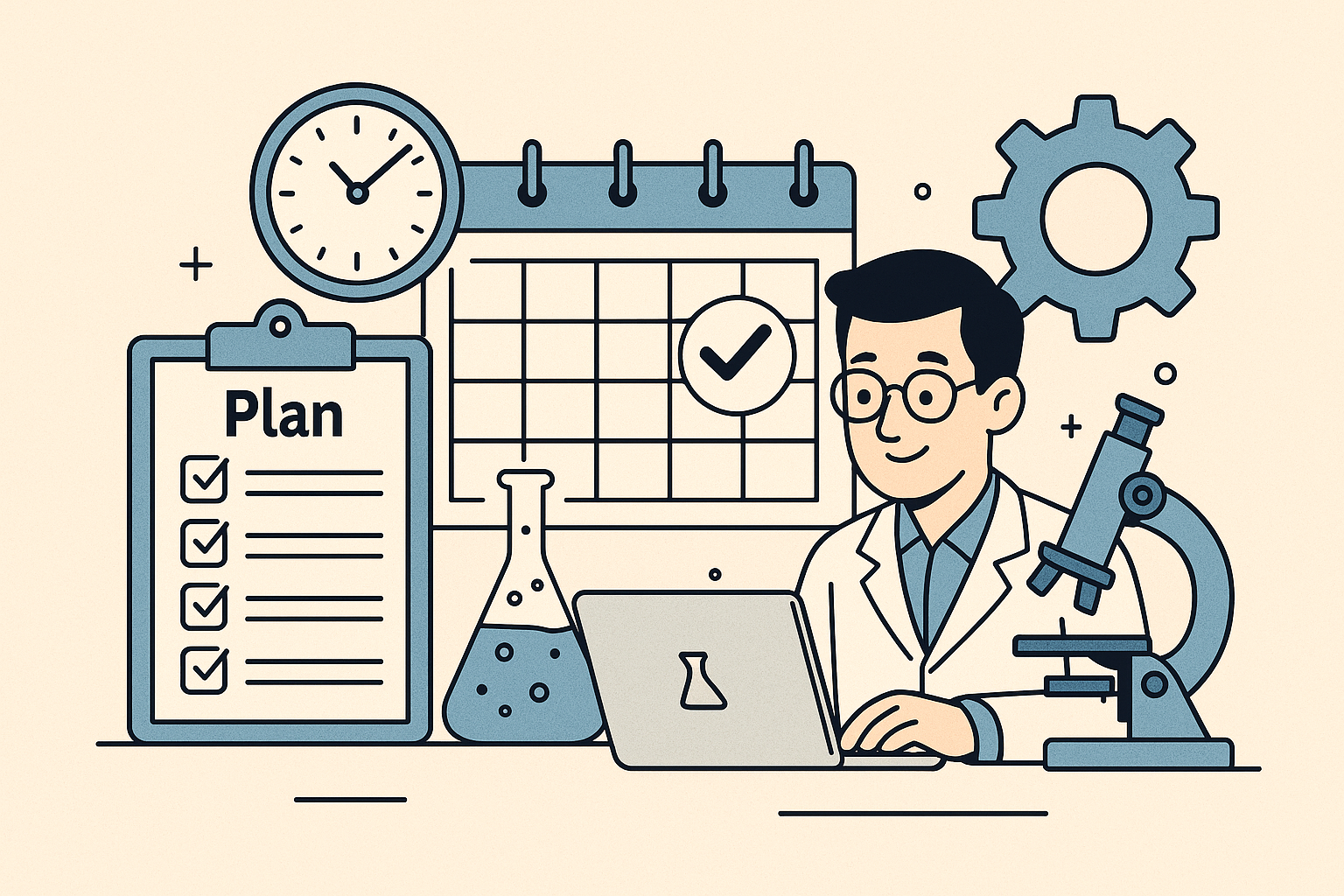

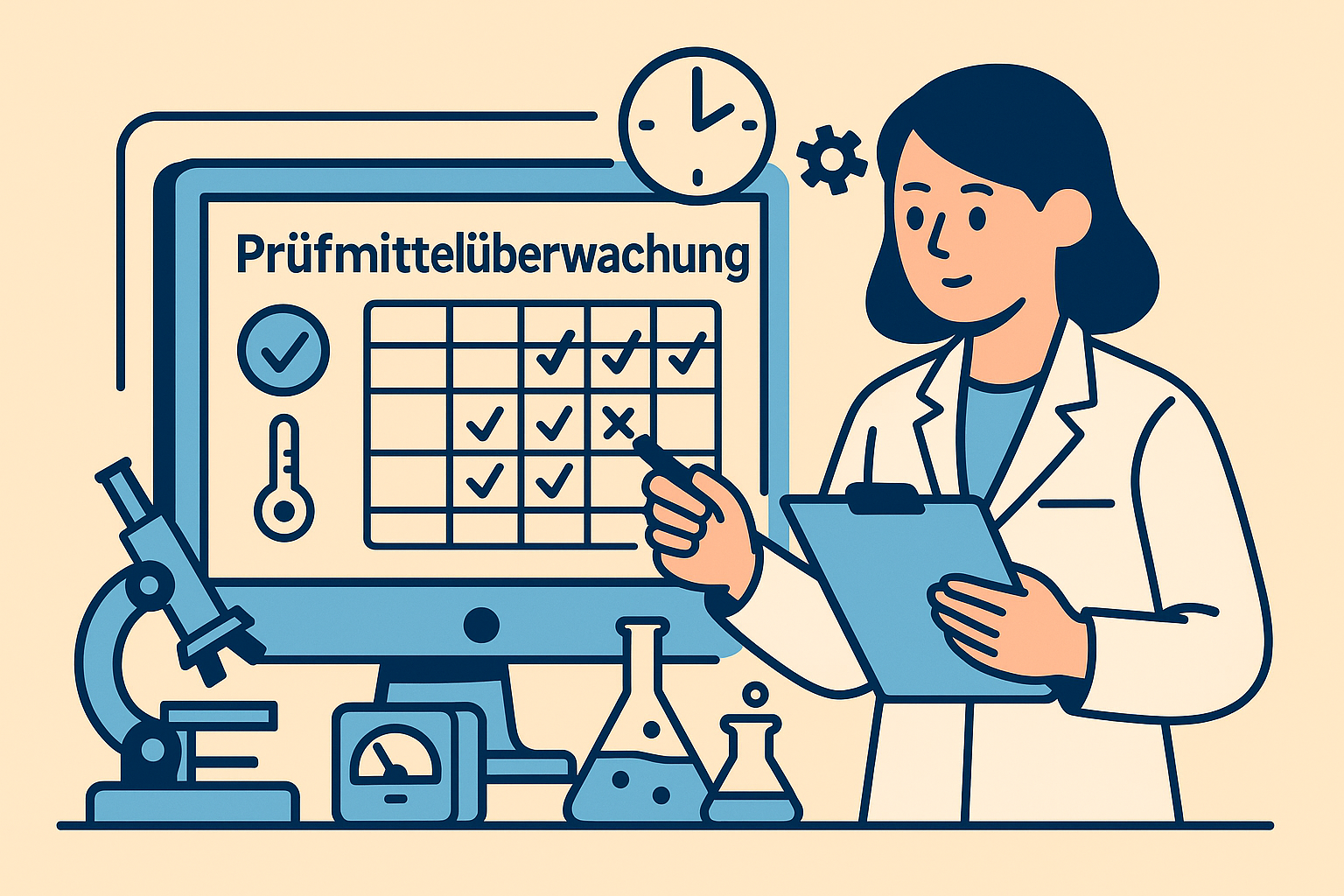
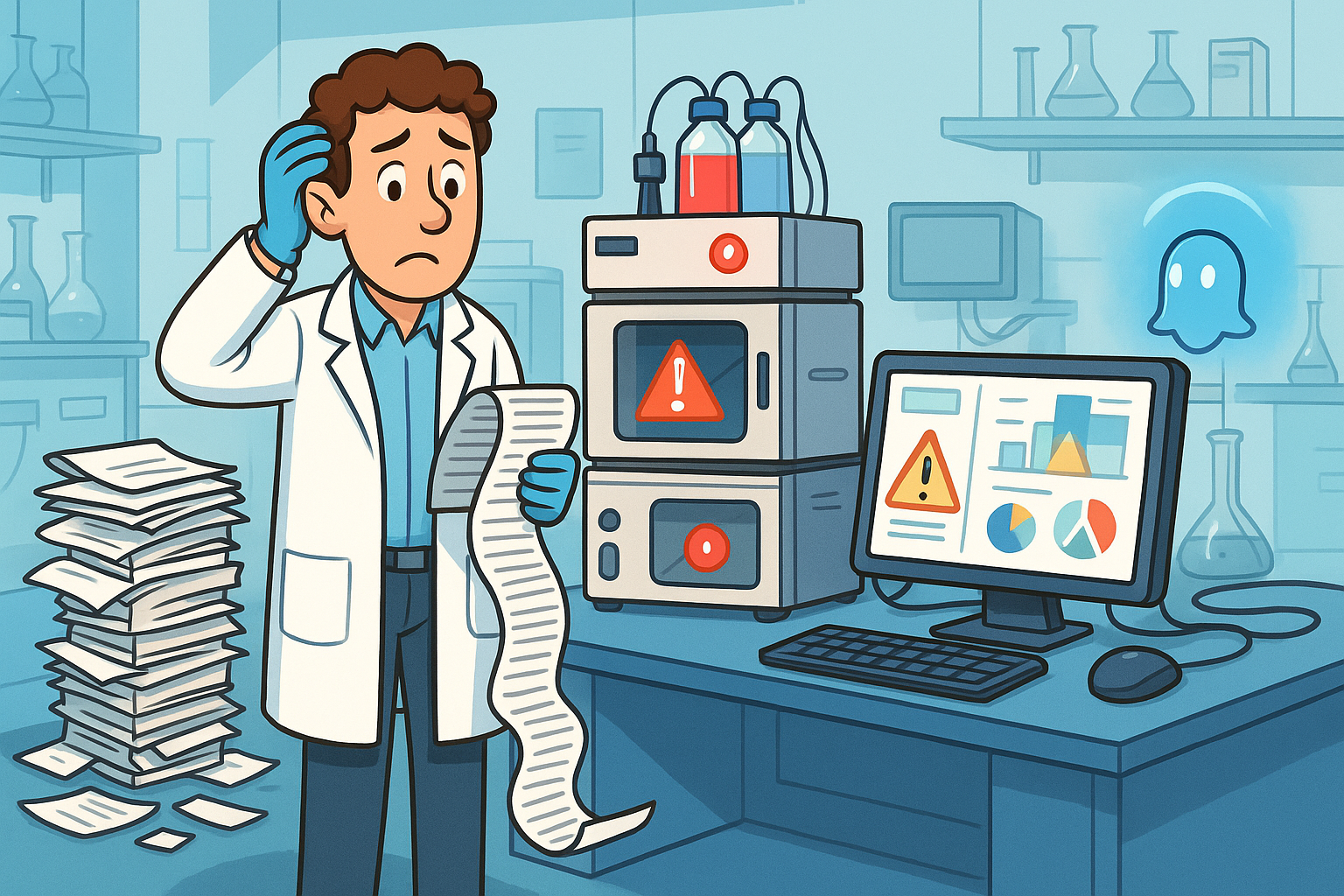
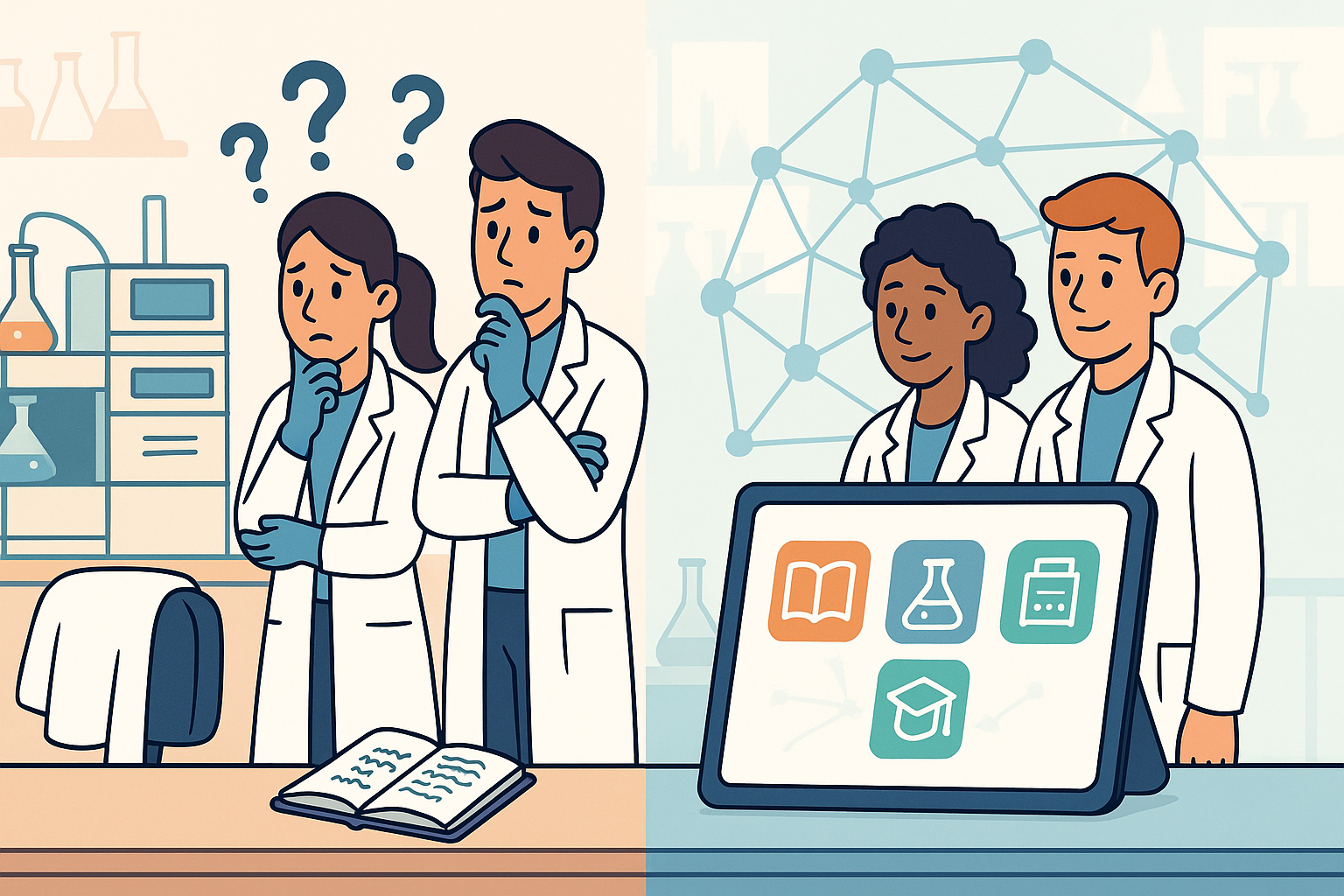

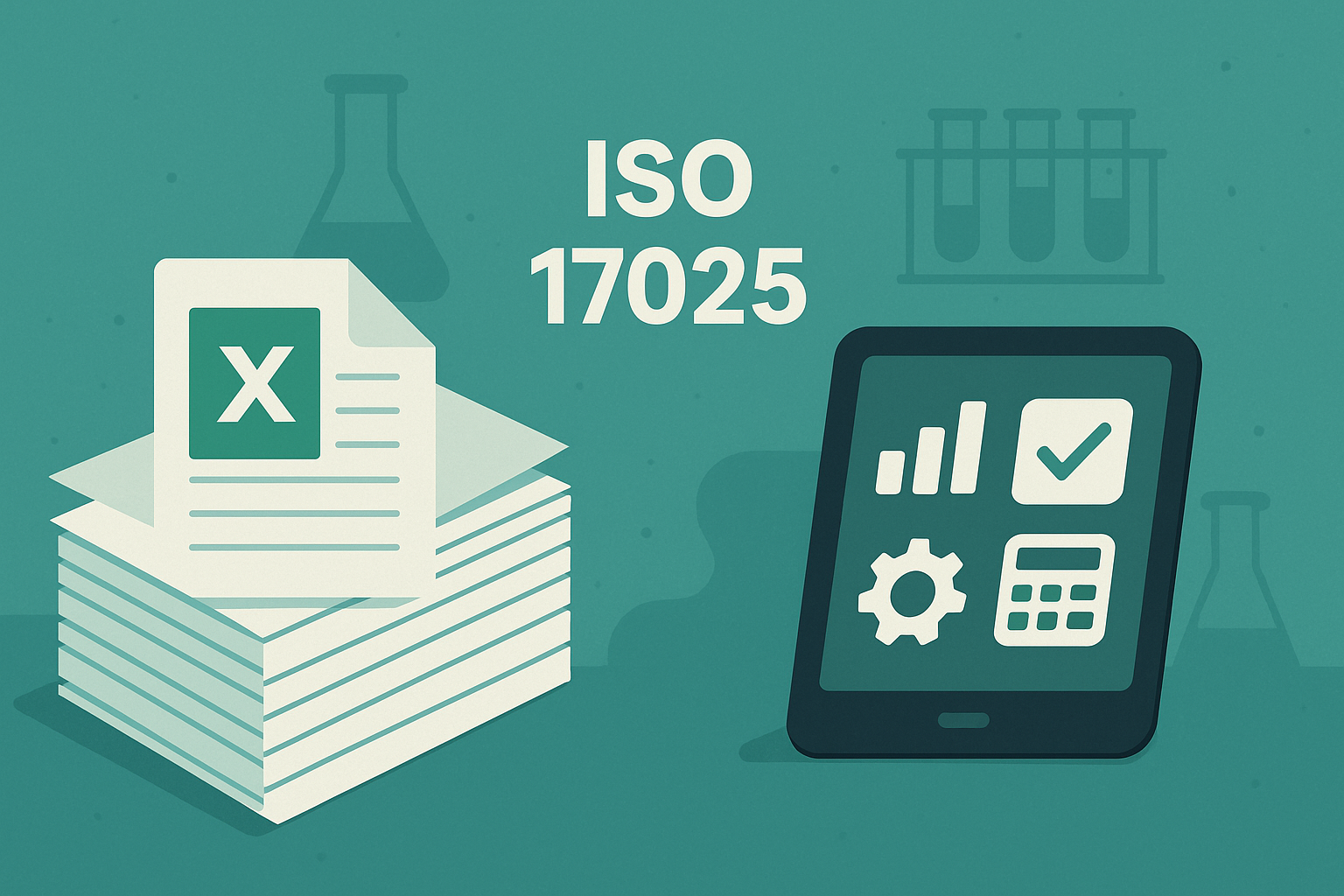
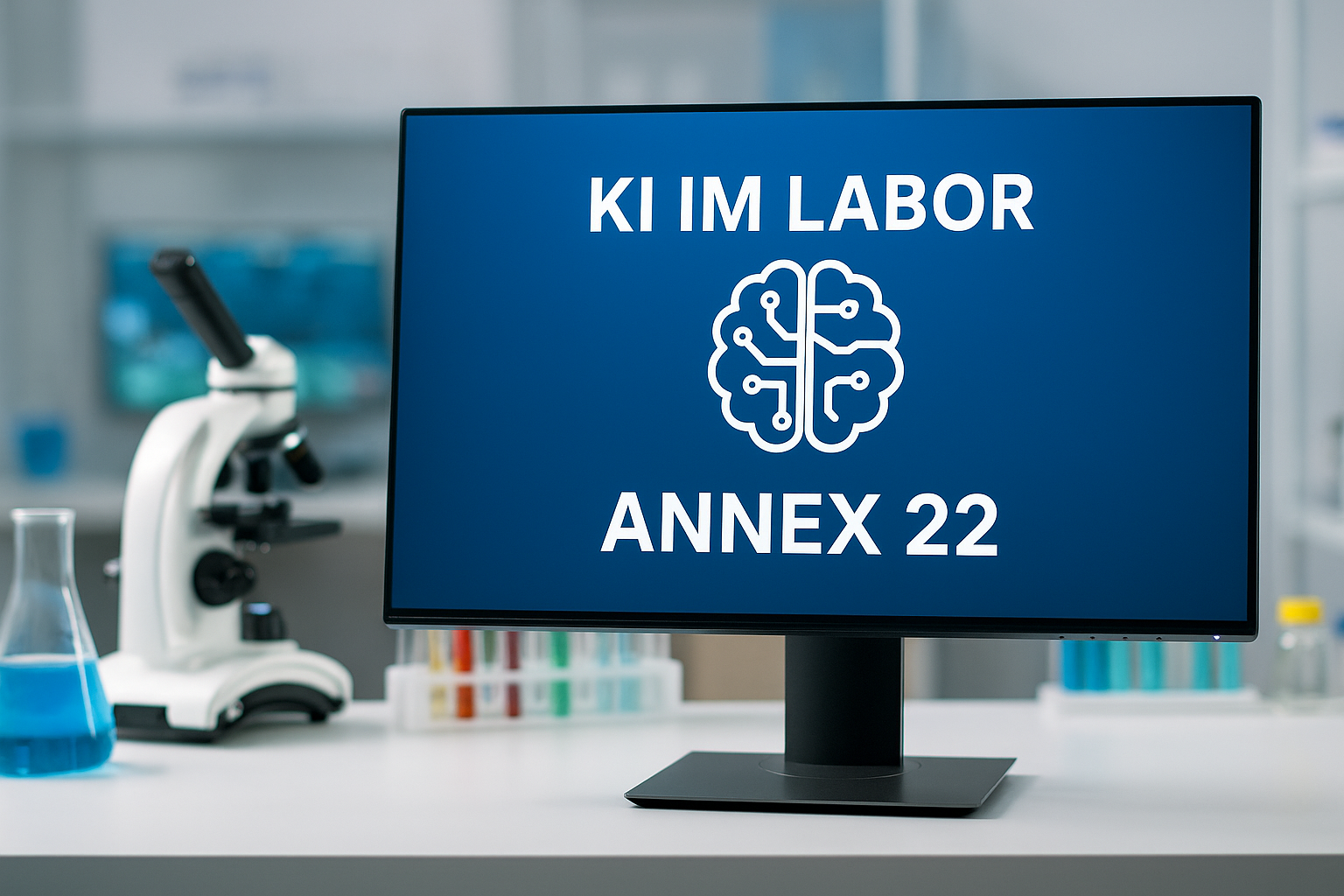






.jpg)
.jpg)

